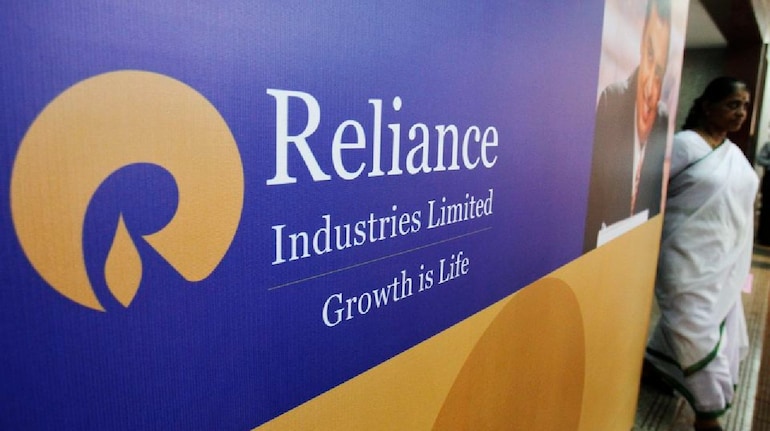



Reliance Industries Limited’s refinery in Jamnagar, Gujarat, recently completed 25 years since its commissioning in 1999. Envisioned by Dhirubhai Ambani, the refinery has the world’s largest crude processing capacity with the highest complexity index.
India, which is net importer of crude oil, is now a global refining hub and has become the second-largest exporter of refined products in the world. The Jamnagar refinery by Reliance Industries was a big step towards the move.
When was the refinery established?
Despite being advised against by several consultants and experts calling the refinery not quite viable, Reliance Industries founder Dhirubhai Ambani saw huge potential in a petrochemical complex for India with the vision of establishing domestic manufacturing of petrochemicals and refined petroleum products.
Mukesh Ambani, the chairman and managing director of RIL, had taken responsibility or the project and commissioned the refinery in a record 33 months. The Jamnagar refinery began operations on December 25, 1999.
Jamnagar, a small city in the state of Gujarat, is now referred to as the “Jewel of the Reliance family.”
What are the key features of the refinery?
The world’s largest integrated, single-site refinery complex—the Jamnagar refinery — has the highest crude processing capacity globally of 1.4 million barrels per day (mmbpd). The refinery also has the world’s highest complexity index of 21:1, which means it can turn heavy but cheaper crude oil into high quality petroleum products.
A refinery with higher complexity is able to process heavier grades of crude oil. The grade of crude oil is the lightness or heaviness of crude oil defined by the sulphur content. The heavier the crude oil, the more complex its processing becomes. The Jamnagar refinery has processed over 216 different grades of crude oil produced in the world, according to the company.
The refinery also has the world’s largest Paraxylene complex and Refinery Off-Gas Cracker (ROGC) complex.
The O2C or the oil-to-chemicals business, which includes refining, petrochemicals, fuel retailing, aviation fuel and bulk wholesale marketing, accounts for the largest portion of RIL’s revenue.
Why is the refinery important for India?
The Reliance’s refinery in Jamnagar has put India on the map for refining crude oil. India’s first private sector refinery has added 25 percent to India's total refining capacity.
The company further plans to expand capacities in existing and new value chains through an investment of Rs 75,000 crore (or $10 billion) in its Oil-to-Chemicals business, as announced in 2022.
At the company’s 47th Annual General Meeting (AGM), Mukesh Ambani said, “India’s consumption of petrochemicals and polyester is expected to exhibit healthy growth across sectors such as consumer goods, infrastructure, automotive, packaging, and agriculture, driven by the rapid expansion of our domestic manufacturing base. To meet this growing demand, we are adding capacities across both existing and new chemical value chains.”
In the polyester value chain, RIL plans to build one of the world’s largest single-train Purified Terephthalic Acid (PTA) plants of 3 MMTPA capacity and invest in a 1 MMTPA Polyethylene Terephthalate (PET) plant at Dahej – both of which are targeted for completion by 2026.
Reliance also plans to reinvest in Polyester Filament Yarn (PFY) and Polyester Staple Fibre (PSF).
What does the future hold for the refinery?
Reliance Industries has plans to turn Gujarat's Jamnagar into a global leader in Artificial Intelligence (AI) infrastructure over the next two years, said RIL Director Akash Ambani, while addressing an event to mark the 25th anniversary of the Jamnagar Refinery on December 2.
Akash Ambani said, "AI infrastructure, we have commenced working in Jamnagar, will not only make Jamnagar a leader in AI infrastructure, but will also place it amongst the top rank in the world."
Disclaimer: Moneycontrol is a part of the Network18 group. Network18 is controlled by Independent Media Trust, of which Reliance Industries is the sole beneficiary.
Discover the latest Business News, Sensex, and Nifty updates. Obtain Personal Finance insights, tax queries, and expert opinions on Moneycontrol or download the Moneycontrol App to stay updated!
Find the best of Al News in one place, specially curated for you every weekend.
Stay on top of the latest tech trends and biggest startup news.